Organically Integrating Vocabulary into the Secondary Classroom
Tuesday, May 9, 2017 7-8pm EST
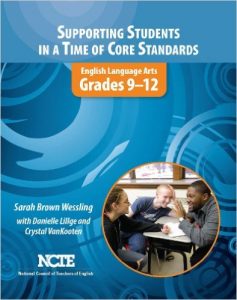 If there’s been a vocabulary program out there, I’ve probably tried it. If there’s a vocabulary program I’ve tried, then I probably couldn’t make it work. After years of frustration and feeling like I kept taking students further away from words with lists and definitions and quizzes, I stopped. Then I decided to pay attention to how readers acquire language, how my students adopted it, and under what circumstances they were most likely to make new words a part of their lexicon. And we started to walk toward words instead of away from them. This webinar is focused on classroom practices that keep language and vocabulary essential to the classroom, but embed the instruction within an integrated approach to literacy.
If there’s been a vocabulary program out there, I’ve probably tried it. If there’s a vocabulary program I’ve tried, then I probably couldn’t make it work. After years of frustration and feeling like I kept taking students further away from words with lists and definitions and quizzes, I stopped. Then I decided to pay attention to how readers acquire language, how my students adopted it, and under what circumstances they were most likely to make new words a part of their lexicon. And we started to walk toward words instead of away from them. This webinar is focused on classroom practices that keep language and vocabulary essential to the classroom, but embed the instruction within an integrated approach to literacy.
Recommended Reading: Supporting Students in a Time of Core Standards: 9-12 by Sarah Brown Wessling
 Sarah Brown Wessling is a 17-year veteran of the high school English classroom. While a member of the faculty at Johnston High School in Johnston, Iowa she has taught courses ranging from at-risk to Advanced Placement and has served the department and district in a variety of leadership roles. Sarah is a National Board Certified Teacher since 2005 and in 2010 was selected as the National Teacher of the Year. In that capacity she worked as an ambassador for education, giving over 250 talks and workshops in 39 different states as well as internationally. Currently she maintains a hybrid teaching position which keeps her in the classroom and allows her to write, speak and work on teacher leadership initiatives around the country. Sarah is Laureate Emeritus for the non-profit Teaching Channel. She is an author of Supporting Students in a Time of Core Standards and has launched her own blog, Open Teaching, at sarahbrownwessling.com.
Sarah Brown Wessling is a 17-year veteran of the high school English classroom. While a member of the faculty at Johnston High School in Johnston, Iowa she has taught courses ranging from at-risk to Advanced Placement and has served the department and district in a variety of leadership roles. Sarah is a National Board Certified Teacher since 2005 and in 2010 was selected as the National Teacher of the Year. In that capacity she worked as an ambassador for education, giving over 250 talks and workshops in 39 different states as well as internationally. Currently she maintains a hybrid teaching position which keeps her in the classroom and allows her to write, speak and work on teacher leadership initiatives around the country. Sarah is Laureate Emeritus for the non-profit Teaching Channel. She is an author of Supporting Students in a Time of Core Standards and has launched her own blog, Open Teaching, at sarahbrownwessling.com.

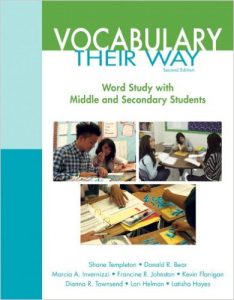 When students, or any of us, learn new words, they need opportunities to practice with and personalize those words. This is especially true if those words are essential to something they are reading or if they need to use them in their own writing. This interactive webinar will share approaches and strategies that encourage students’ active practice with important words to support reading comprehension and writing. Additionally, this webinar will share instructional and environmental resources that teachers can easily integrate into their classrooms to support all students, and especially those who are struggling with vocabulary learning, reading, and writing. Finally, this webinar will include suggestions for identifying whether or not a vocabulary strategy is a good fit for a specific learning objective, as well as some vocabulary assessment tools that can be adapted to any word list or lesson.
When students, or any of us, learn new words, they need opportunities to practice with and personalize those words. This is especially true if those words are essential to something they are reading or if they need to use them in their own writing. This interactive webinar will share approaches and strategies that encourage students’ active practice with important words to support reading comprehension and writing. Additionally, this webinar will share instructional and environmental resources that teachers can easily integrate into their classrooms to support all students, and especially those who are struggling with vocabulary learning, reading, and writing. Finally, this webinar will include suggestions for identifying whether or not a vocabulary strategy is a good fit for a specific learning objective, as well as some vocabulary assessment tools that can be adapted to any word list or lesson.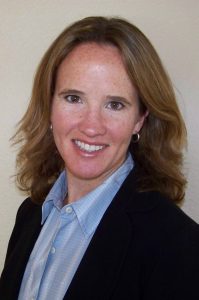
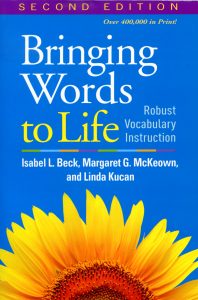 Effective vocabulary instruction calls for providing students with a variety of encounters with words and interactive experiences in which students think about and use the words. The research base for effective vocabulary learning will be presented along with ample examples of interactions and ideas for the classroom. Discussion of how to select words for instruction will also be included.
Effective vocabulary instruction calls for providing students with a variety of encounters with words and interactive experiences in which students think about and use the words. The research base for effective vocabulary learning will be presented along with ample examples of interactions and ideas for the classroom. Discussion of how to select words for instruction will also be included.
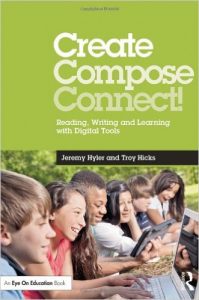
 University, teaches pre-service writing methods classes and facilitates professional development on the teaching of writing, writing across the curriculum, and writing with technology. In his research, he collaborates with K-16 teachers and explores how they implement newer literacies in their classrooms. He also serves as the Director of the
University, teaches pre-service writing methods classes and facilitates professional development on the teaching of writing, writing across the curriculum, and writing with technology. In his research, he collaborates with K-16 teachers and explores how they implement newer literacies in their classrooms. He also serves as the Director of the  Jeremy Hyler
Jeremy Hyler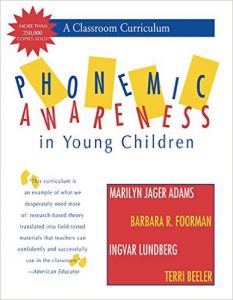
 Laura Tortorelli
Laura Tortorelli 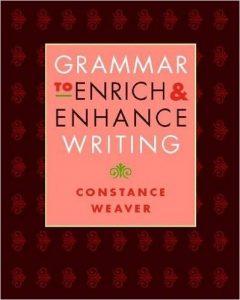

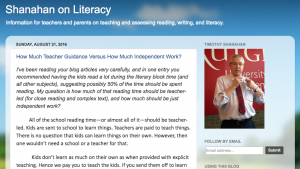

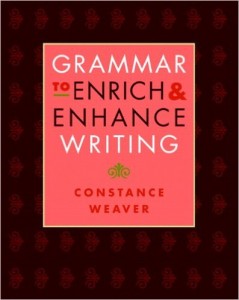 Do your students’ sentences drip with juicy details, engaging and enticing the reader? Or do they plod along, a repository for just the most basic information? When you ask students to add details, do they pile up adjectives before nouns? Or add sentences, each sentence basic in structure, adding just one detail per sentence, creating paragraphs that lumber along–thump, thump, thump–instead of demonstrating variety and flowing gracefully? Then this workshop if for you! Decades ago, I learned from the writings of Francis Christensen how to write sentences that subordinate details to a main statement, using grammatical options that most students seldom employ unless they are avid readers, in love with richly written texts. Paradoxically, perhaps, playing with form can help writers generate content—those “juicy” details that we find call to us as readers.
Do your students’ sentences drip with juicy details, engaging and enticing the reader? Or do they plod along, a repository for just the most basic information? When you ask students to add details, do they pile up adjectives before nouns? Or add sentences, each sentence basic in structure, adding just one detail per sentence, creating paragraphs that lumber along–thump, thump, thump–instead of demonstrating variety and flowing gracefully? Then this workshop if for you! Decades ago, I learned from the writings of Francis Christensen how to write sentences that subordinate details to a main statement, using grammatical options that most students seldom employ unless they are avid readers, in love with richly written texts. Paradoxically, perhaps, playing with form can help writers generate content—those “juicy” details that we find call to us as readers. ![Connie Weaver 2014[1] copy](https://www.oaklandschoolsliteracy.org/wp-content/uploads/2015/09/Connie-Weaver-20141-copy-169x300.png) Constance (Connie) Weaver
Constance (Connie) Weaver 
 As a professional development coordinator for the Conway, New Hampshire, School District,
As a professional development coordinator for the Conway, New Hampshire, School District,